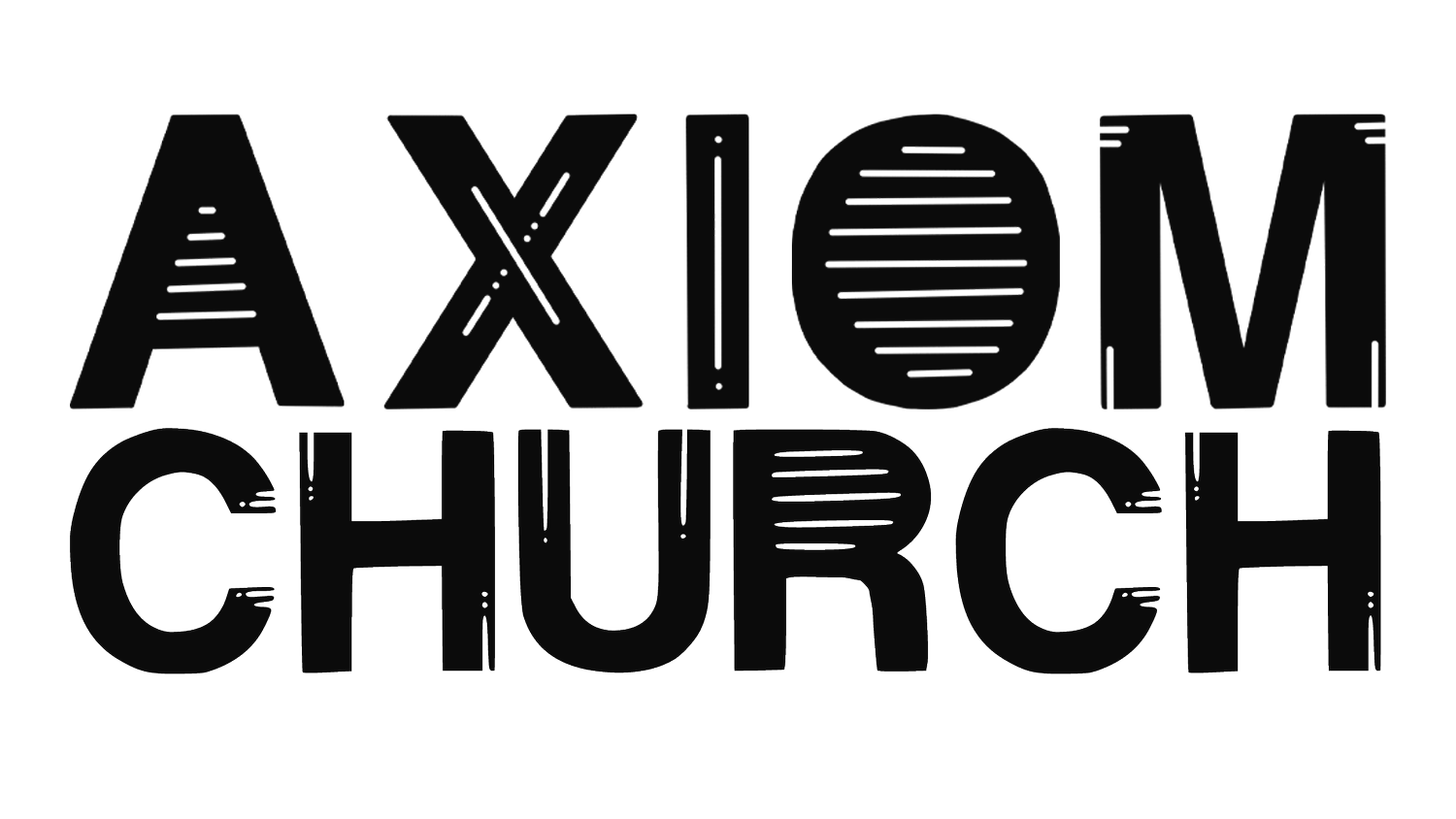A Case for Covenant in Modern Christian Community
by Johnny Kerr
PART 1
The word “covenant” seems largely absent from our modern-day Western vernacular. Christians will likely recognize the word from our sacred text, possibly with little context or vision for its application in modernity. In our increasingly hyper-individualized American culture, any loss of our covenant identity as Christians is to the detriment of the rich community life Christ has invited us—His beloved bride—to thrive and grow in until His return. A quick look at mental health statistics, or a glimpse at our current political climate, would seem to indicate that many of us are already experiencing the natural consequences of this shift away from community identity.
We are collectively—and, simultaneously, in isolation—experiencing various forms of disconnectedness and mental unhealth, and it hurts. A 2018 survey of 20,000 adults living in the US reports that, on average, over 40% of people over the age of 18 experience pervasive feelings of loneliness. The same report cites the effects of loneliness on mortality as equivalent to smoking 15 cigarettes a day. Depression and suicide have become a modern epidemic with 11% of Americans over the age of 12 reportedly taking anti-depressants and an average of 130 suicide deaths each day in the US. “The modern age has made it easy to live in convenience but not in community. Many feel alone and disembodied, constantly pulled in a myriad of directions and left desiring authentic companionship.” Simply put, we need each other to thrive.
In the US we have been catechized to value independence at a premium, to pull ourselves up by our own bootstraps because needing others—or, God forbid, actually depending on others when we are in need—is weakness. Advertising culture has cleverly wooed us into a perpetual state of insatiable lack while promising we can “have it your way.” Our politically-charged media outlets use fear to pressure us into oversimplified, false dichotomies that chip away at our peace and shared values until we descend into a chaotic circus of angry caricatures shouting regurgitated rhetoric. This perfect storm of cultural pressures has pushed us away from community identity rooted in shared values, and towards hyper-individualized identities based largely on our perceived differences. Toxic individualism is a grave cultural ill that is costing many in quality of life.
Our Good Shepherd has shown us a better Way and charged us with proclaiming that good news to the world, discipling and baptizing them in the name of the Father, Son, and Spirit (Matthew 28:18-20). The church must reignite, by experience and example, a common vision for a beloved community where we carry our burdens, celebrate life’s joys, and experience transformation together. By faith we are children of God’s covenant family with the pleasure and duty of putting on display the goodness of Jesus’ Kingdom to the world. One of the primary ways we do this is by taking care of—and being cared for by—each other (John 13:35).
I would give the benefit of the doubt that the average person, when given the opportunity, would be inclined to help out a fellow human in need. Most of us are familiar with the good feelings we experience when helping others. Yet, when we are in need, we are often hesitant to ask for help for fear of being a burden to others. In believing this cultural lie we rob others of the joy of expressing generosity towards us while condemning ourselves to continue suffering alone. As a father myself, I can begin to imagine how our Heavenly Father must weep to see His beloved in this isolated, exhausted, and distressed state.
To further complicate the matter for Christians, our call to care for others and to be cared for by others must also extend beyond those we find easy to love. We are also called to love our enemies (Luke 6:35). This command is not hyperbolic, and it covers the entire spectrum from love to indifference to enmity. For most of us, if we’re honest with ourselves, that desire to proactively care for those to whom we feel indifference or enmity won’t come naturally, and it won’t come through cultural pressures or expectations. It comes from a life surrendered to Christ. To Jesus, love of God and love of others are so inseparable that He paired them together to sum up the entirety of God’s law (Mark 12:28-31).
What does this have to do with covenant community? A successful covenant relationship is one in which all parties have an equal stake, regardless of status, ability, or need. “I” becomes “we”. We navigate sorrows and experience joy in solidarity. We complement each other, filling in each other's gaps and gaining strength in unity. That stands in stark contrast to our new cultural norm of suffering alone. The book of Ecclesiastes provides an inspiring plea for these Kingdom ideals:
“Two are better than one because they have a good reward for their efforts. For if either falls, his companion can lift him up; but pity the one who falls without another to lift him up. Also, if two lie down together, they can keep warm; but how can one person alone keep warm? And if someone overpowers one person, two can resist him. A cord of three strands is not easily broken.” (Ecclesiastes 4:9-12)
To be continued…
References and Notes
Cigna. (2018, May). The state of Loneliness in America. Cigna US Loneliness Index. Retrieved June 28, 2022, from https://secure.cigna.com/assets/docs/newsroom/loneliness-survey-2018-updated-fact-sheet.pdf
Pratt, L. A., Brody, D. J., &; Gu, Q. (2015, November 6). Products - data briefs - number 76 - October 2011. Centers for Disease Control and Prevention. Retrieved June 27, 2022, from https://www.cdc.gov/nchs/products/databriefs/db76.htm
American Foundation for Suicide Prevention. (2022, June 14). Suicide statistics. American Foundation for Suicide Prevention. Retrieved June 28, 2022, from https://afsp.org/suicide-statistics/
Axiom Church, Axiom Church Common Union Initiative, unpublished
Language can be tricky. Despite best efforts to communicate with clarity and truth, we recognize the very real possibility of misunderstanding or disagreement, especially when pushing back against cultural norms. If you have questions or concerns about anything written here, please reach out to an Axiom leader to express concerns, seek clarification, and continue a healthy dialog in the context of loving community.
















